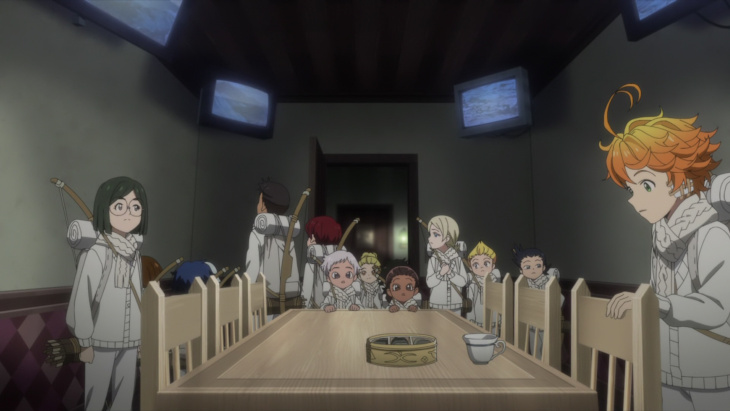
“We’re all trapped in our destinies because of our situation. You were also burdened with a fate the moment you were born.”
…What the hell was that?!? When I do my First Impressions reviews of the season’s new titles, I tend to prefer going in blind as it allows me to approach each show from roughly the same perspective and affords me the opportunity to judge the episode solely on the merits of the storytelling rather than its role as an adaptation. Obviously, there are exceptions to this. Even if I don’t read much manga these days, I still have been exposed to a decent array of titles, and sequel series naturally call for a degree of familiarity with the previous entries. That’s what makes reviewing the entirety of The Promised Neverland’s second season so darn complicated. This one gets the award for “Most ‘What the hell were they thinking!?’ Moments,” of the season. My familiarity with the source material is such that I might actually be in the worst possible position to judge this season’s merits. I simply can’t get myself to view this show through the fresh eyes of an audience member who never picked up the source material. That being said, even if I could pull that trick off, I don’t think I’d be viewing this show all that kindly. The Promised Neverland somehow succeeded in only carrying over the worst elements of its first season, and compounded the issue by amplifying those flaws to egregious levels.
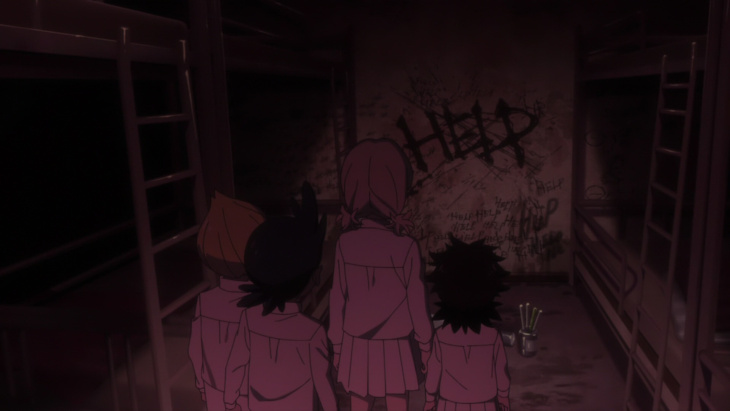
To lay a bit of groundwork, let me establish my exact level of literacy vis-à-vis this particular franchise. After the first season’s impressive premiere, I picked up the manga and read it in conjunction with my viewing of that first season. I read past the point where season 1 left off and ultimately reached the end of what is called the “Goldy Pond Arc” before setting it aside. It was widely anticipated that season 2 would probably cover the content of the manga up through roughly that same point, so while I hadn’t checked in with the story since that initial read, I felt confident that I would be treading through familiar territory with this adaptation. This was exciting because, while the Goldy Pond Arc is a significantly different beast from what we saw in season 1, it’s still an exceptional arc. However, the anime took an approach which strayed greatly from what was presumed. They skipped that arc entirely, and went straight to the end of the story. So, in essence, I have significant familiarity with all of the story beats they decided to leave out, but no insight when it comes to what was adapted. This results in a constant internal debate in which one questions whether certain flaws can be traced back to the source material or if they’re a fabrication of the adaptation. Regardless of where the flaws come from, it’s hard to deny that season 2 of The Promised Neverland is a mess.
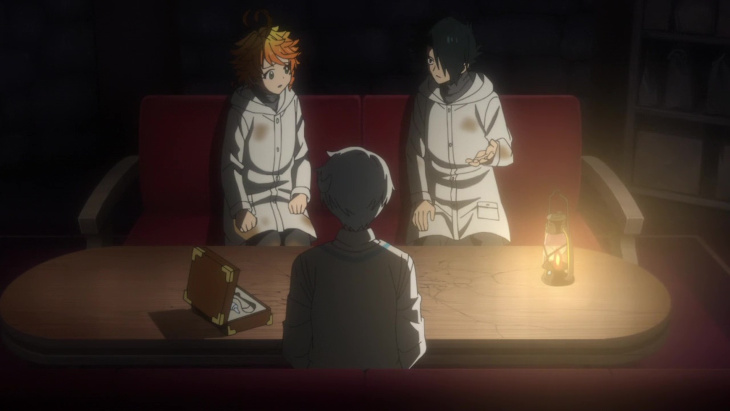
The story picks up immediately after the escape from Grace Field House, and for a couple episodes, it follows the children as they navigate the mysterious world they have found themselves in. They quickly reach a bunker that had been prepared by the enigmatic William Minerva, but at this point the story jumps the rails. I found the pacing of the first few episodes of the season to be perplexing, but there is nothing to prepare the viewer for a sudden time jump of an entire year. From there it feels like a mad dash for the end as characters are introduced, reintroduced and recontextualized. Even then, I can only say it feels like a mad dash, because rather than using all the time it has available to flesh out the compressed story, the show actually stops for a recap episode! That’s a full episode that could have been devoted to exploring what happened during the time jump or could have allowed the story to be decompressed ever so slightly. Removing aspects of a story can free up time, but in this instance, a decent portion had to be spent suturing the pieces back together to make up for the absence of narrative tissue that originally held the story together. The result is a slapdash and scattered approach where episodes are stuffed to the breaking point at the cost of the viewer’s emotional investment and immersion.
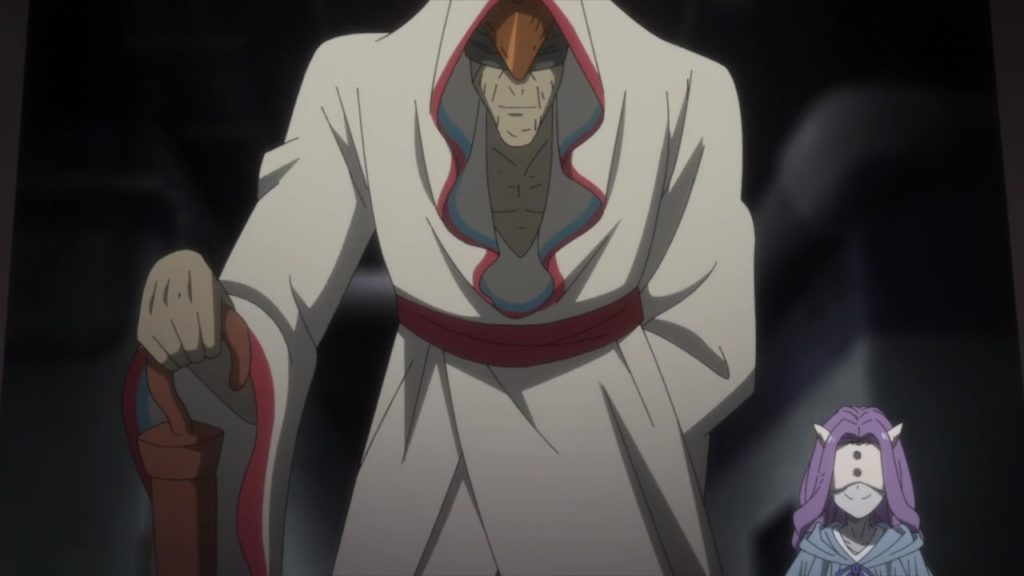
CloverWorks’ production remains pretty good, but I do feel the quality isn’t on the same level as the first season. The demons lack the same ominous visual flair they possessed in that first season. I still remember that moment in the first episode when the eyes of the demon rapidly searched around and honed in on the truck. Even recurring demons like Sonju and Mujika seem to be animated with a mite less detail, and the large nameless ones are often animated using CG. The final episode in particular becomes strangely obsessed with still images in a way that calls to mind some of the animation shortcuts from Attack on Titan’s first season. This is all a matter of comparisons though. The show looks good, but I don’t think it looks as good as season 1 did. The OP was really strong, but as the season went on, I found myself skipping it quite a bit. That might be traced back to a, “Let’s just get this over with,” mentality that frankly became inevitable as the narrative began faltering more and more.
Before I wrap up, a few Notes and Nitpicks:
- The last few episodes try to pile twist after twist, and it really undermines what strengths the show still has in its favor. Mangled though the story may be, I was still invested in many of the characters, so seeing the show shortcut emotional payoff in favor of the next twist was truly frustrating. This is further hampered by many of the twists lacking the proper amount of time to be built up effectively.
- The big antagonist for this season really doesn’t get any significant set-up. I don’t know that I’d go so far as to call him terrible, but compared to Isabella in season 1, he doesn’t feel even remotely compelling. He exists more as an obstacle than a fleshed out entity. It doesn’t help that the finale tries turning him into an emotional linchpin when we barely know him.
- The series never spent a lot of time exploring the demon’s civilization and the inequities that it involved, so it’s very strange that those very factors prove to be absolutely central to the final episodes.
- You know what this reminds me of? Remember the first 10 episodes of Fullmetal Alchemist: Brotherhood where they tried to condense the previously adapted material as much as possible, so they could show off the narrative differences while still getting to the new stuff as rapidly as possible? Well, take that, condense it down a bit more and then make it the climax to the story. Do that and you’ll end up with The Promised Neverland Season 2.
- I was originally planning on giving this show a slightly kinder rating, as I was aiming to temper my negative reactions, but the finale really left a bad taste in my mouth. It was essentially a consolidation of all of the issues I’d remarked on, with none of the positives. I suppose the entire show felt like a downward spiral, so it stands to reason that the finale would be its lowest point. I cannot stress how much I disliked this ending. An entire 3rd season’s worth of content occurred during the course of a PowerPoint slideshow.

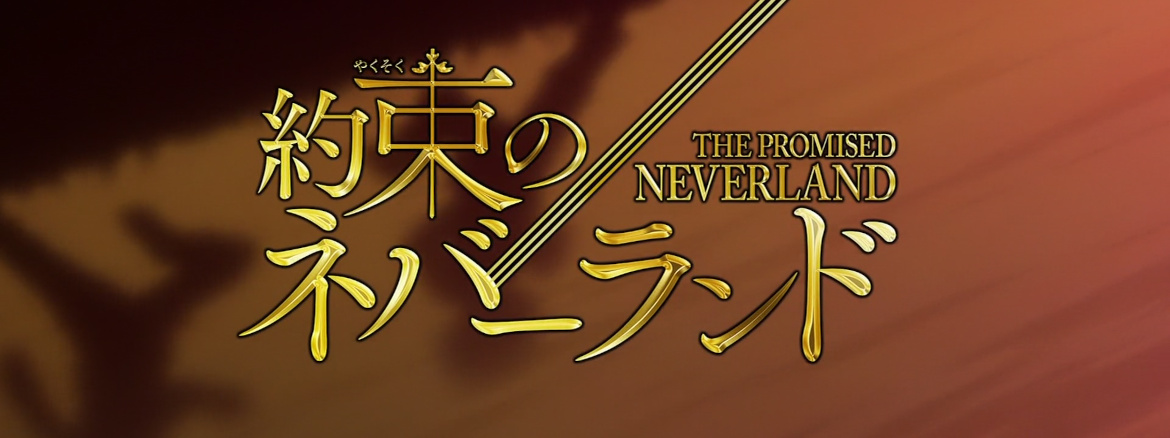
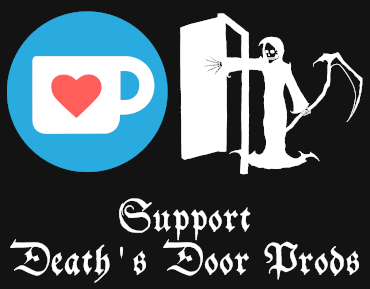

Add comment